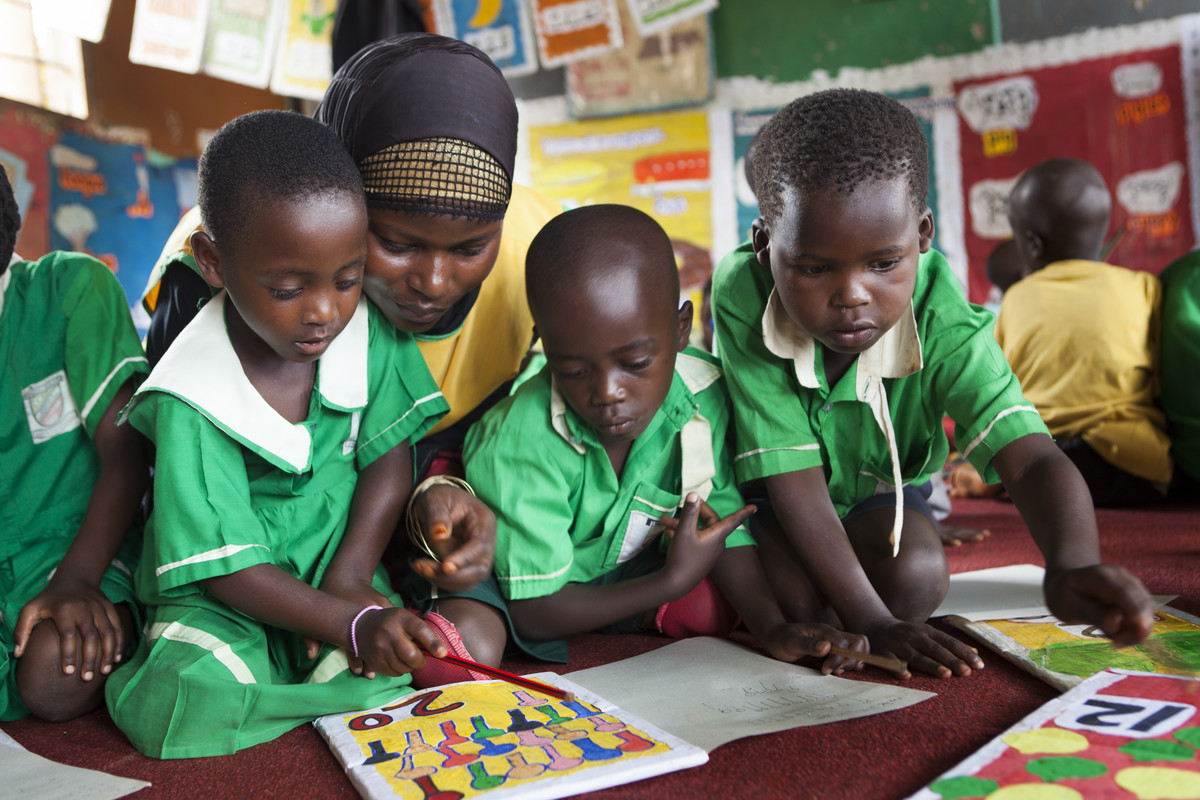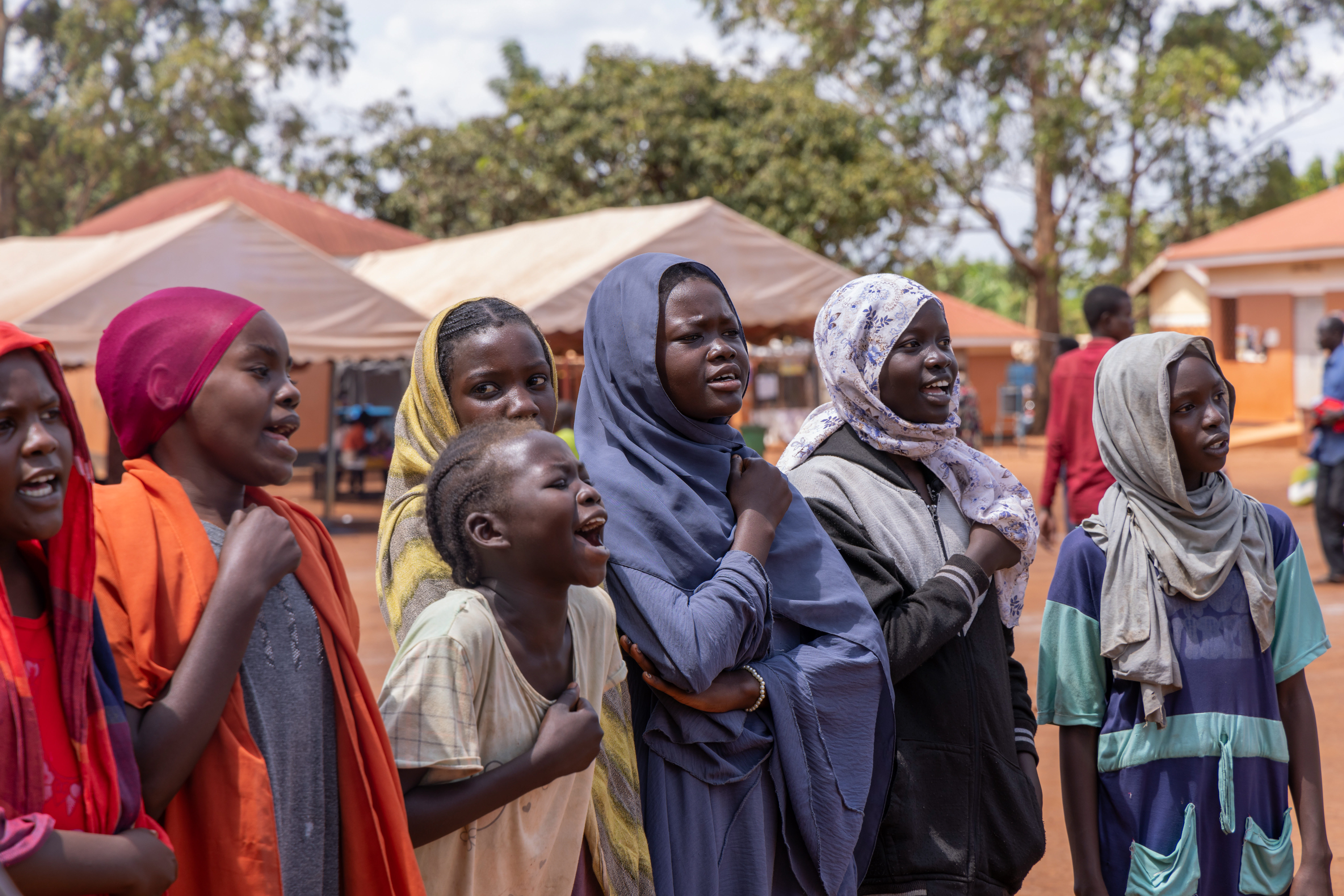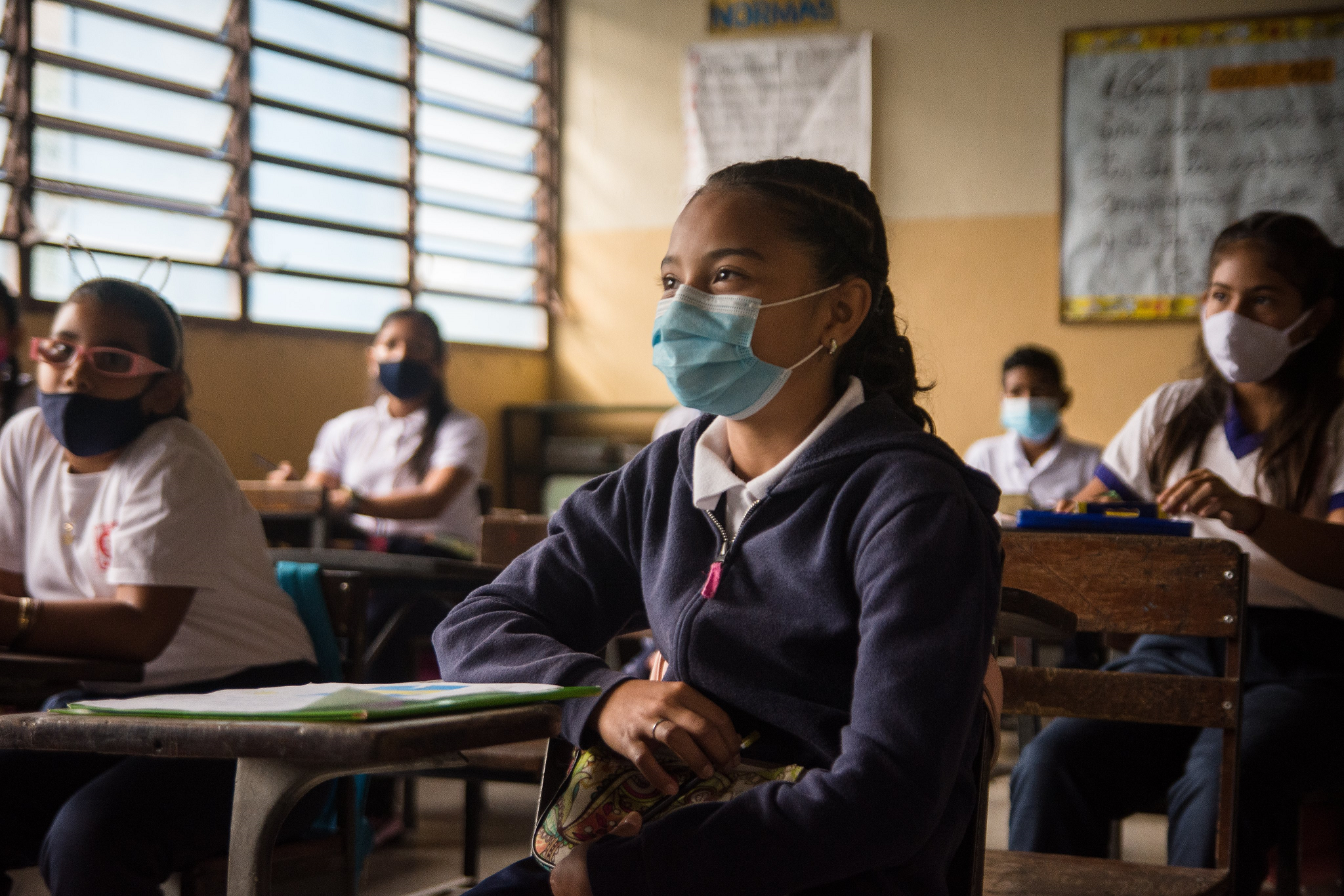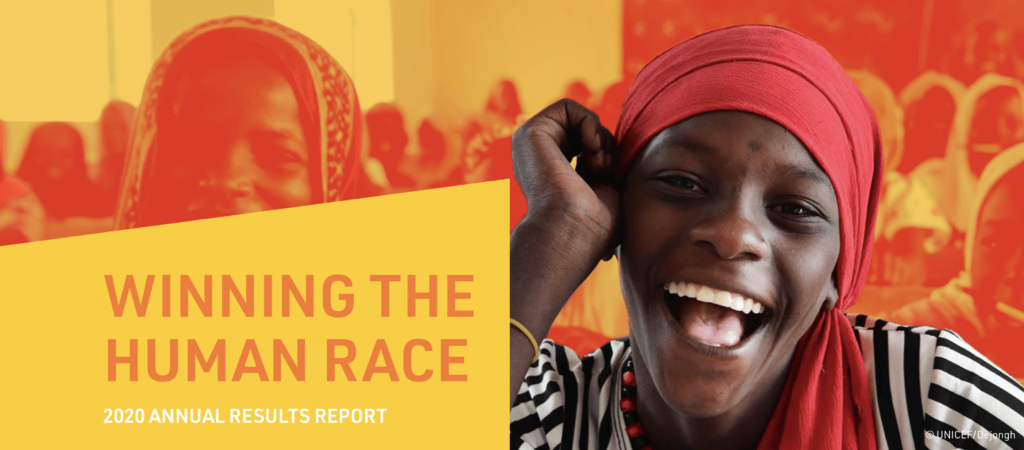Paving the Way for More Inclusive and Equitable Education for the World’s Most Marginalised Students

Education Cannot Wait and the Aga Khan Foundation commit to three more years of working together through new Acceleration Facility grant for Schools2030, with a focus on improved teaching and learning in Afghanistan, Pakistan and Uganda.
Education Cannot Wait (ECW) and the Aga Khan Foundation (AKF) announce an expanded three-year partnership that will improve holistic quality learning outcomes and quality learning environments for crisis-affected learners in Afghanistan, Pakistan and Uganda. The new US$375,000 ECW Acceleration Facility grant to Schools2030, the AKF-led global movement for holistic education and teacher leadership, builds on two years of collaboration to improve teaching and learning in countries impacted by emergencies and protracted crises.
Through the development of concrete tools and pathways, this latest grant will support ECW’s Multi-Year Resilience Programmes to ensure that holistic learning outcomes are improved through inclusive, gender-responsive teaching and learning approaches.
“Education Cannot Wait and the Aga Khan Foundation enjoy a solid partnership and are delighted to extend it through Schools2030. Together, we strengthen our shared commitment to a whole-of-child approach and focus on crisis-affected children and youth left furthest behind in wars, refuge and climate disasters. The new grant is aligned with ECW’s strategic priorities – emphasizing gender-sensitive and inclusive quality education in Afghanistan, Pakistan and Uganda, and then scaling this crucial partnership and joint work globally,” said Yasmine Sherif, Executive Director of Education Cannot Wait, global fund for education in emergencies and protracted crises within the United Nations.
With portfolios focused on gender equality, mental health and psychosocial support, inclusivity and – most crucially – a holistic approach to education, ECW and AKF could not be more aligned in values and more in agreement on the approach needed to tackle the various forms of crises impacting education systems the world over.
“We are delighted to expand AKF’s strategic partnership with the global fund for education in emergencies and protracted crises within the United Nations, Education Cannot Wait, to continue advancing holistic quality education in and through the Schools2030 programme across crisis-affected contexts. With ECW’s support, Schools2030’s unique ten-year commitment to local schools and communities offers what learners and educators need the most in times of uncertainty – long-term, flexible, and responsive resources that ensure quality teaching and learning can continue against all odds. Together with ECW, we look forward to co-creating new tools, resources and evidence that will support the most effective approaches to best support the world’s 224 million crisis-impacted school-aged children today,” said Michael Kocher, General Manager of the Aga Khan Foundation.
ECW and Schools2030 recognise that addressing the global learning crisis and serving crisis-affected children requires an unambiguous focus on holistic skills, which have been proven to increase academic achievement, support holistic child development, and improve future livelihoods. The new grant supports going beyond measuring success only through academic achievements by emphasising the importance of assessing additional 21st century skills, such as creativity, critical thinking and collaboration.
The initial partnership between ECW and Schools2030, which began in 2022, helped pioneer holistic assessment tools that enable teachers to assess both the quality of their classroom environment and the learning levels of their students for specific, country-selected holistic learning domains, with a vision towards using this assessment data to improve learning.
Building on this strong foundation, over the next three years, Schools2030 will ensure that its flagship Three-Step-Model (Assess, Innovate, Showcase) integrates the needs of crisis-affected learners and teachers, and strengthens connections between school-driven innovation and system-level change. Additionally, the initiative will ensure quality assessment data is collected and analysed across Afghanistan, Pakistan and Uganda – to support improved learning, development and dissemination as a global public good.
This latest grant will support nationally contextualized assessment tools that can be used by teachers who not only understand the importance of these skills, but also how to measure them in their students, and strengthen evidence around learning in crisis contexts, thereby filling a gap identified in the three countries.
Localization and community participation are at the heart of this initiative, resonating with ECW and Schools2030’s strategic priorities, and ensuring sustainable and context-driven approaches. The extensive history and operational presence of AKF (and the wider Aga Khan Development Network) is a testament to this commitment, with the majority of its staff originating in, living and working within the communities they serve.
Ultimately, this collaboration is not just about addressing the immediate crises in each country – it is about paving the way towards a more equitable and inclusive education ecosystem, responsive to the needs of marginalised children, and resilient to external shocks. The grant will be implemented in coordination with national governments, local communities, teachers and learners themselves to make quality education a reality for every child in the generations to come.
ECW’s Acceleration Facility funding mechanism is dedicated to supporting the creation of global public goods and resources for the education in emergencies and protracted crises sector. The funding window is a key part of ECW’s Strategic Plan to mobilize US$1.5 billion over the next three years to reach 20 million crisis-affected children and adolescents worldwide.
The Acceleration Facility grant will support Schools2030 to:
- Ensure that Schools2030’s Three-Step-Model (Assess, Innovate, Showcase) integrates the needs of crisis-affected learners both through its Human-Centred Design process, but also through ensuring Schools2030’s holistic assessment tools are useful and usable for educators in emergency and crisis contexts and that they support improved learning and inclusion for all learners (especially those excluded through disability or through multiple forms of marginalisation);
- Strengthen the connections between school-driven innovation and system-level change for crisis-affected learners by integrating learners in crisis-affected settings into the Schools2030 showcasing workstream, and through avenues for joint advocacy on best practices for delivering quality education in emergencies and protracted crises;
- Ensure quality assessment datasets across these countries are collected, analysed, and visualised to support improved learning, programme development and disseminated as a global public good for the wider education sector.
About Schools2030
Schools2030 is a global movement for holistic learning and teacher leadership. The movement brings together a diverse coalition which includes educators, school leaders, civil society, researchers, international organisations and government across ten countries and 1,000+ schools. The goal is to improve quality teaching and holistic learning, and to foster resilient education systems across the world, including for those living in remote regions and those facing multiple forms of marginalisation and crises. Schools2030 does this through a focus on teacher agency – recognising educators as leaders, innovators and active agents in education reform.
Learn more: Schools2030.org
About Education Cannot Wait
Education Cannot Wait (ECW) is the global fund for education in emergencies and protracted crises withing the United Nations. We support quality education outcomes for refugee, internally displaced and other crisis-affected girls and boys, so no one is left behind. ECW works through the multilateral system to both increase the speed of responses in crises and connect immediate relief and longer-term interventions through multi-year programming. ECW works in close partnership with governments, public and private donors, UN agencies, civil society organizations, and other humanitarian and development aid actors to increase efficiencies and end siloed responses. ECW urgently appeals to public and private sector donors for expanded support to reach even more vulnerable children and youth.
On X (formerly Twitter), please follow: @EduCannotWait, @YasmineSherif1, @KentPage
Additional information available at: www.educationcannotwait.org
For press inquiries:
Anouk Desgroseilliers, adesgroseilliers@un-ecw.org, +1-917-640-6820
Kent Page, kpage@unicef.org, +1-917-302-1735
For other inquiries: info@un-ecw.org
About the Aga Khan Foundation
The Aga Khan Foundation (AKF) is a leading global development organisation working to tackle the root causes of poverty. For more than 50 years, AKF has helped create strong community institutions that support sustainable, locally driven initiatives to improve the lives of millions of people. By combining local knowledge with global best practices, AKF strives to bring about transformative and long-lasting improvements to quality of life.
Working alongside the agencies of the Aga Khan Development Network and through partnerships with local communities, civil society and business as well as governments and international aid agencies, we are building a future where we all thrive together.
Learn more: akf.org.uk
For Press Inquiries:
Anouk Desgroseilliers:
adesgroseilliers@un-ecw.org
+1-917-640-6820
Kent Page:
kpage@unicef.org
+1-917-302-1735



